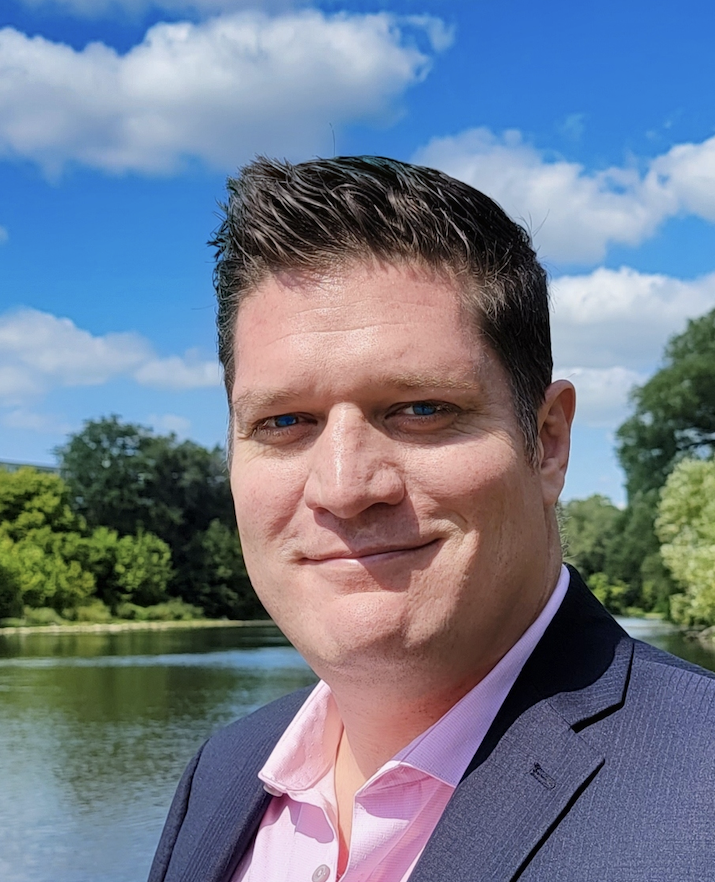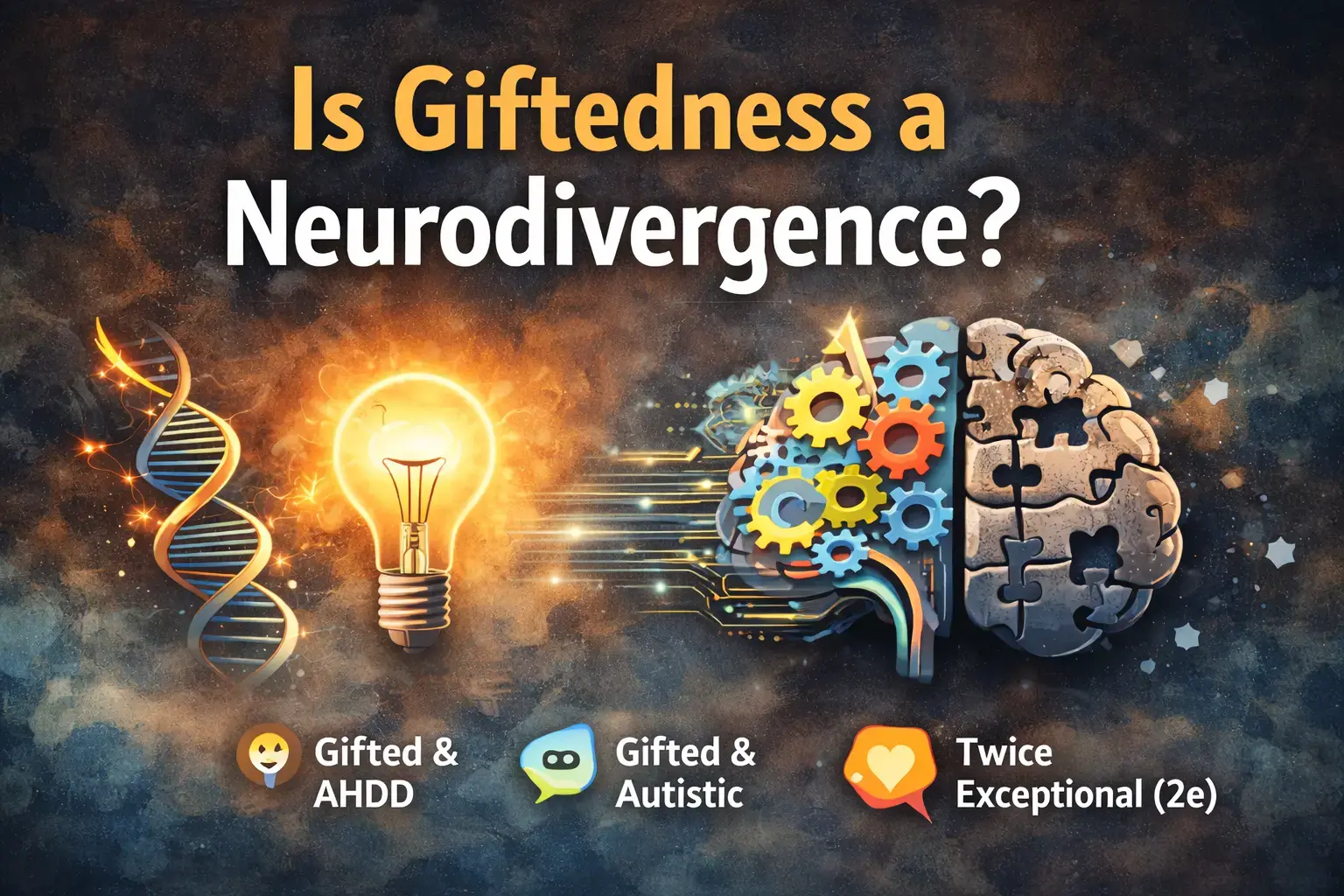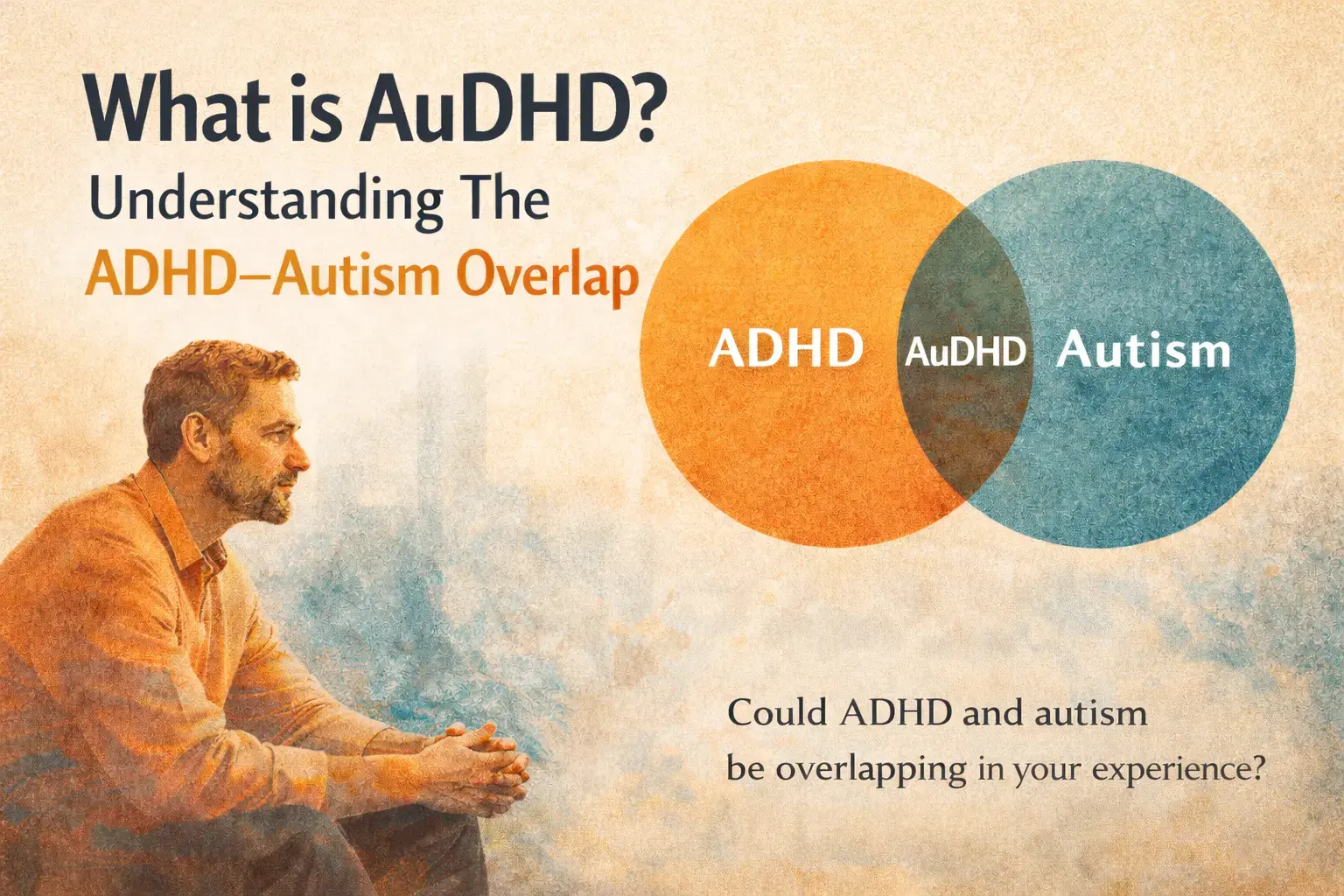10 ADHD Coping Strategies to Boost Executive Function & Daily Life
Navigating adulthood with ADHD brings distinct challenges that can impact everything from workplace productivity to personal relationships. The constant struggle with organization, time management, and emotional regulation doesn't have to define your experience. At Becoming Yourself counselling, under the expert guidance of Michael Holker, Registered Social Worker | Psychotherapist, a comprehensive approach is offered to help neurodivergent adults across Ontario thrive.
Our practice specializes in providing ADHD coping strategies for adults through personalized therapeutic support and adult ADHD therapy. Whether you're seeking practical daily solutions or deeper therapeutic intervention, our neurodiversity-affirming methods help you build lasting skills while embracing your unique strengths.
Decoding Adult ADHD: Beyond Attention Challenges
ADHD represents a fundamentally different neurological wiring that affects how you process information, manage tasks, and navigate daily life. Executive dysfunction manifests in various ways—difficulty with planning, maintaining focus on mundane tasks, remembering important details, or managing emotional responses to stress.
Time blindness, a common ADHD experience, can make deadlines feel impossible and routine tasks overwhelming. These challenges often compound over time, affecting career advancement, relationship satisfaction, and personal well-being. Without proper executive dysfunction support, many adults develop coping mechanisms that mask their struggles but don't address the root challenges.
At Becoming Yourself therapy, we recognize that effective ADHD management requires understanding your unique neurological profile and building strategies that work with—not against—your brain's natural patterns.
You may also appreciate the strengths-based approach in Reframing Executive Function.
10 Research-Backed ADHD Coping Strategies That Work
These ADHD coping strategies for adults have been refined through clinical practice and proven effective for our clients seeking to enhance their executive function and daily life management.
1. Master External Memory Systems
Transform your relationship with forgetfulness by creating reliable external memory systems. Digital calendars, voice memos, visual reminders, and strategically placed sticky notes become extensions of your working memory. The key is consistency—choose systems you'll actually use and maintain them regularly.
2. Break Down Overwhelming Projects
Large tasks can trigger ADHD paralysis. Combat this by decomposing complex projects into specific, actionable steps. Write each step down and tackle them sequentially. This approach transforms overwhelming projects into manageable actions, reducing procrastination and increasing completion rates.
3. Build Structured Daily Routines
Consistent routines create mental scaffolding that supports executive function. Establish "anchor" activities—morning medication, evening planning sessions, or midday check-ins—that provide structure throughout your day. These routines become automatic, freeing up mental energy for more complex tasks.
4. Combat Time Blindness with Strategic Tools
Use multiple timing strategies to stay anchored in the present. Set buffer alarms before important deadlines, use visual timers for focused work sessions, and create realistic time estimates by tracking how long tasks actually take. Consider "time boxing" your schedule to prevent hyperfocus from derailing your day.
5. Design ADHD-Optimized Environments
Your physical environment significantly impacts your ability to focus and stay organized. Minimize visual distractions, establish designated spaces for important items, and use tools like noise-cancelling headphones or focus apps. A well-designed workspace supports sustained attention and reduces decision fatigue.
6. Establish Accountability Systems
External accountability can bridge the gap between intention and action. Regular check-ins with a Registered Social Worker | Psychotherapist, accountability partner, or supportive friend provide motivation and help maintain momentum on long-term goals. This support becomes especially crucial during challenging periods.
7. Develop Self-Compassion Practices
ADHD often comes with a harsh inner critic developed from years of struggling with neurotypical expectations. Practice reframing negative self-talk, celebrate small victories, and recognize that ADHD challenges don't reflect personal failings. Building self-compassion creates emotional resilience and supports long-term success.
8. Address Masking and Emotional Regulation
Many adults have spent years masking their ADHD struggles, leading to exhaustion and burnout. Therapy for masking autism in adults and ADHD emotional regulation work can help you understand authentic self-expression while developing healthy coping mechanisms for overwhelming emotions.
9. Strengthen Core Executive Functions
Target specific executive function skills through structured practice. Use visual planning tools, practice breaking complex instructions into steps, and develop "if-then" contingency plans. These skills form the foundation for improved daily functioning and long-term goal achievement.
10. Leverage Technology and Automation
Modern technology offers unprecedented support for ADHD management. Explore ADHD-specific apps, voice assistants for reminders, automated bill payment systems, and digital planning tools. The goal is to reduce cognitive load on routine tasks to preserve mental energy for what matters most.
For energy-related insights, you may connect with Why Rest Is Productive.
Integrating Professional Support with Daily Strategies
At Becoming Yourself counselling, we understand that sustainable change requires more than just strategies—it requires personalized support and clinical expertise. Our integrated approach combines practical ADHD coping strategies for adults with therapeutic interventions that address underlying challenges.
Michael Holker, Registered Social Worker | Psychotherapist, brings both professional training and lived experience to help clients implement these strategies effectively. Our services extend beyond basic coaching to include comprehensive adult ADHD therapy, addressing related concerns like anxiety, depression, and relationship difficulties that often accompany ADHD.
We also specialize in supporting adults navigating complex presentations, including those with AuDHD (autism and ADHD), masking experiences, and co-occurring mental health conditions. Our neurodiversity-affirming approach ensures that all interventions respect and leverage your unique neurological strengths.
The Transformative Power of Professional ADHD Support
Working with a qualified Registered Social Worker | Psychotherapist provides the missing link between understanding what you need to do and implementing lasting changes. Professional therapeutic support offers structured accountability, personalized strategy development, and ongoing support through challenges and setbacks.
Combined with specialized adult ADHD therapy and executive dysfunction support, clients experience significant improvements in organization, motivation, and overall life satisfaction. Our neurodiversity-affirming practices ensure that all interventions build on your inherent strengths while addressing areas of challenge.
Start Your Transformation with Becoming Yourself Counselling
If ADHD challenges are impacting your daily life, relationships, or career satisfaction, professional support can create meaningful change. Becoming Yourself therapy offers comprehensive services throughout Ontario, including both in-person and virtual options tailored to your specific needs and schedule.
Our integrated approach combines evidence-based ADHD coping strategies for adults with compassionate therapeutic support, helping you unlock your potential while building lasting life skills.
If you’d like to learn more about my approach to supporting ADHD and AuDHD adults, you can visit my services page, where I outline how I support neurodivergent adults
If you’d like guidance tailored to your own ADHD experience, you can connect through my contact page to explore therapy.
Or stay on the blog and learn more about ADHD, Autism, and Giftedness.
Blog Disclaimer
This blog includes occasional personal anecdotes used to illustrate therapeutic ideas and foster connection. All identifying details have been altered or omitted to protect confidentiality. These reflections are intended as examples only; every individual’s experience is unique, and what resonates for one person may not apply to another.
The information provided here is for educational and informational purposes and should not be considered a substitute for professional medical or mental health advice, diagnosis, or treatment. If you have concerns about your health or well-being, please consult a qualified healthcare provider or licensed mental health professional.
Psychotherapy services described on this site are available to residents of Ontario. If you are interested in support or would like to schedule a complimentary 20-minute consultation, you are welcome to contact me through my practice.
These resources are offered to support your learning and self-understanding as you move toward a more grounded, authentic, and meaningful life.

Michael Holker HBA, BSW, MSW
Michael Holker, MSW, RSW, is the compassionate heart behind Becoming Yourself Counselling. Discovering his own neurodivergence later in life shaped his existential, humanistic, and strengths-based approach to therapy. Guided by his lived experience, Michael helps neurodivergent individuals move beyond self-criticism toward self-understanding, self-compassion, and self-acceptance. His work invites clients to honour their journeys, embrace their resilience, and reconnect with their authentic selves, cultivating a life of greater alignment and meaning.


